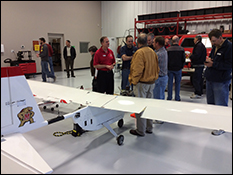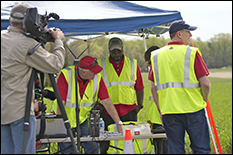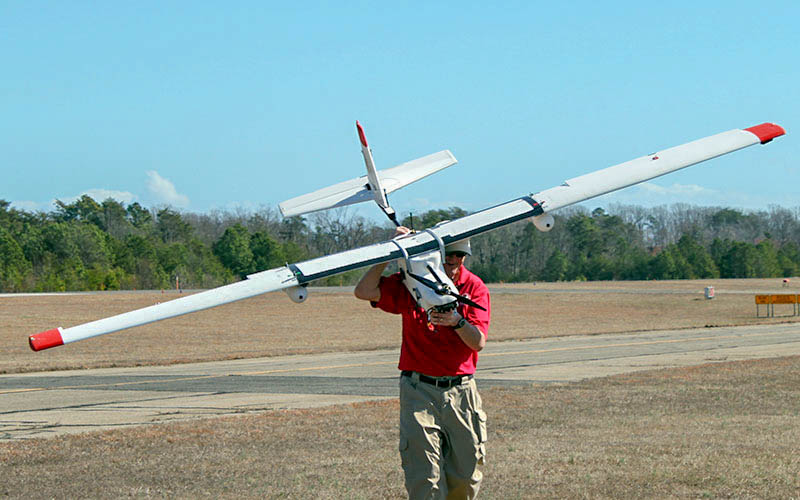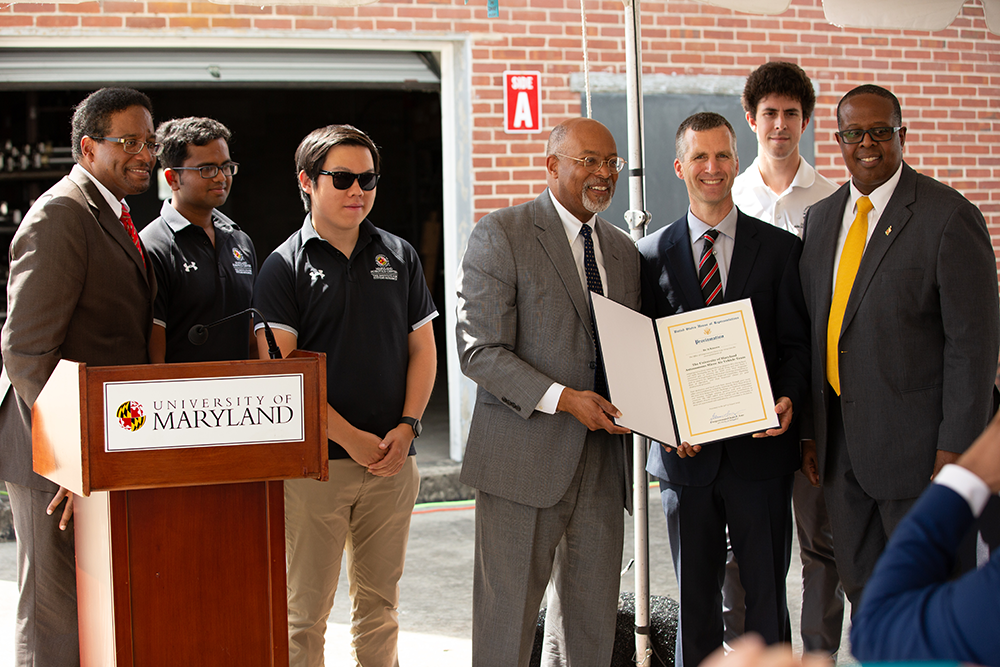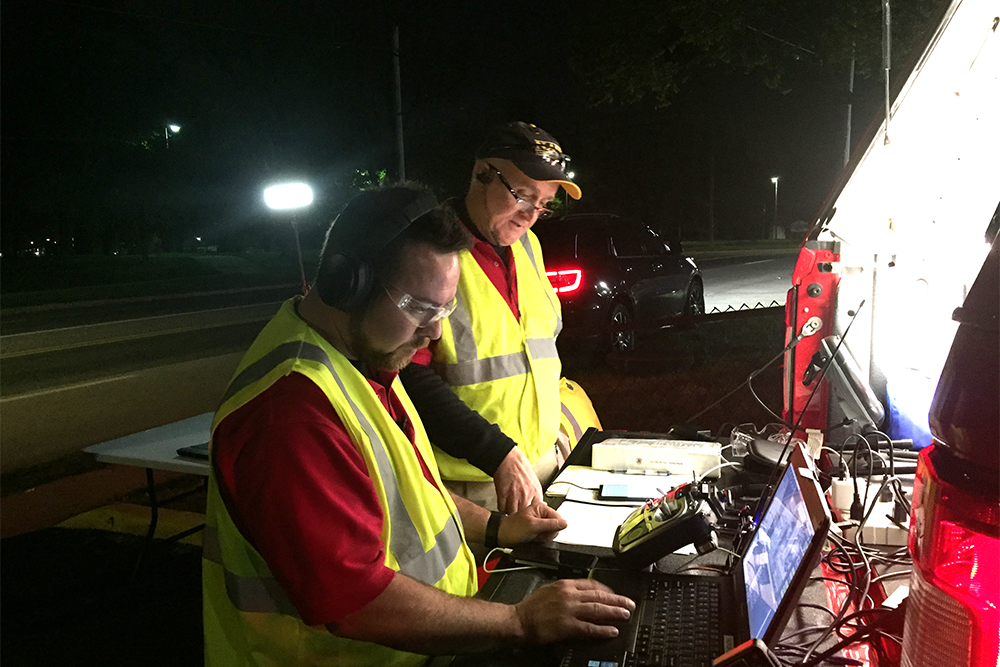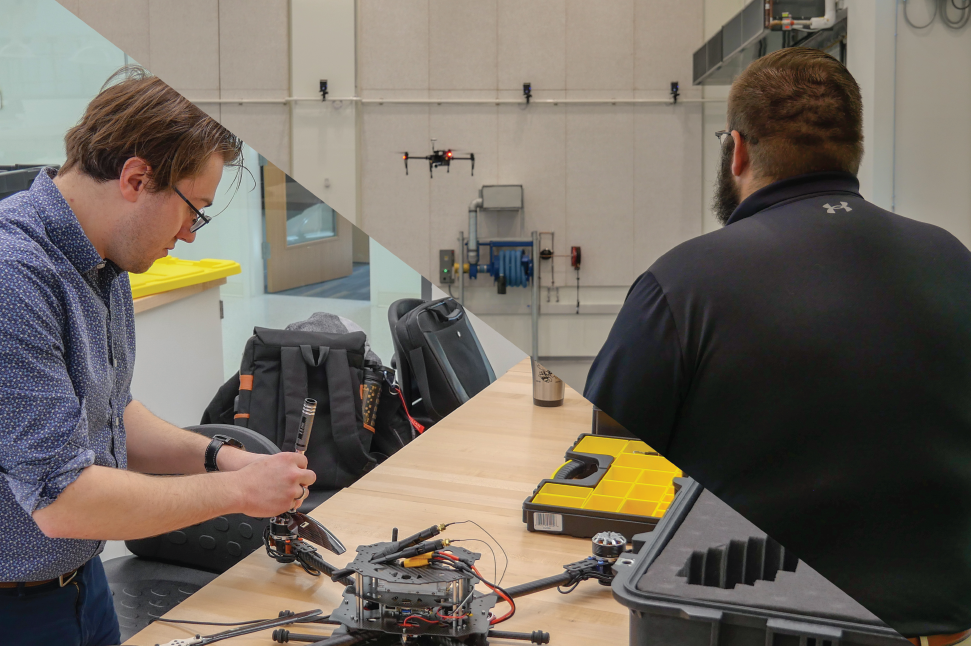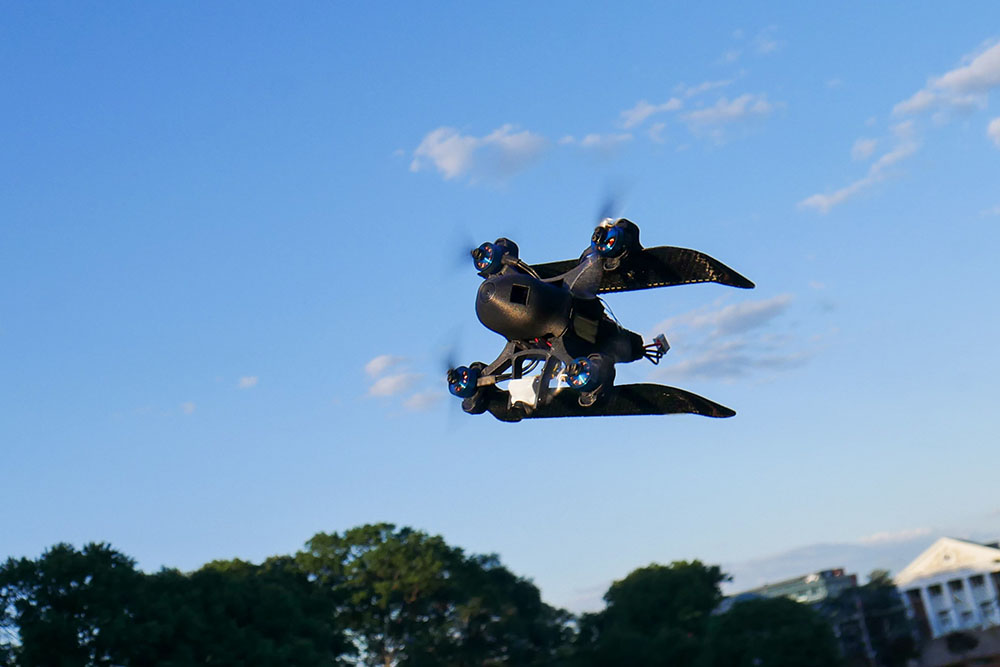News Story
UAS Expert Available to Comment on How New FAA Memo Will Affect Students
FAA to Relax Requirements for Student Use of Unmanned Aircraft Systems
Media Contact: Alyssa Wolice, (301) 405-2057
COLLEGE PARK, Md. – University of Maryland Unmanned Aircraft Systems (UAS) Test Site Director Matt Scassero is available for media interviews to discuss how the Federal Aviation Administration’s (FAA) recent Interpretation Memorandum will make it easier for students to fly unmanned aircraft as part of their coursework.
FAA Administrator Michael Huerta made the announcement yesterday at the AUVSI annual conference in New Orleans. He stated that, soon, students will no longer need to apply for a Section 333 exemption or a Certificate of Authorization to fly drones, provided they follow the rules for the specific aircraft and location. Under the new interpretation, students will be able to fly under the rules governing model aircraft.
The related FAA memo states: “The FAA believes students operating UAS as one component of a curricula pertaining to principles of flight, aerodynamics and airplane design and construction promotes UAS safe use and advances UAS-related knowledge, understanding and skills. UAS also may provide students a useful tool in other academic curricula such as television, film production or the arts generally.”
“This is tremendous news not only for students in aerospace engineering and related disciplines, but also for those looking to use unmanned aircraft to study anything from agriculture and emergency management to film and video production,” Scassero said. “University of Maryland students will still need to abide by the rules of the Washington, D.C. no-fly zone, but the ease with which students will be able to conduct research in areas impacted by UAS will help propel innovation and advance UAS.”
The A. James Clark School of Engineering at the University of Maryland serves as the catalyst for high-quality research, innovation, and learning, delivering on a promise that all graduates will leave ready to impact the Grand Challenges (energy, environment, security, and human health) of the 21st century. The Clark School is dedicated to leading and transforming the engineering discipline and profession, to accelerating entrepreneurship, and to transforming research and learning activities into new innovations that benefit millions.
Visit us online at www.eng.umd.edu and follow us on Twitter @ClarkSchool.
Published May 5, 2016
